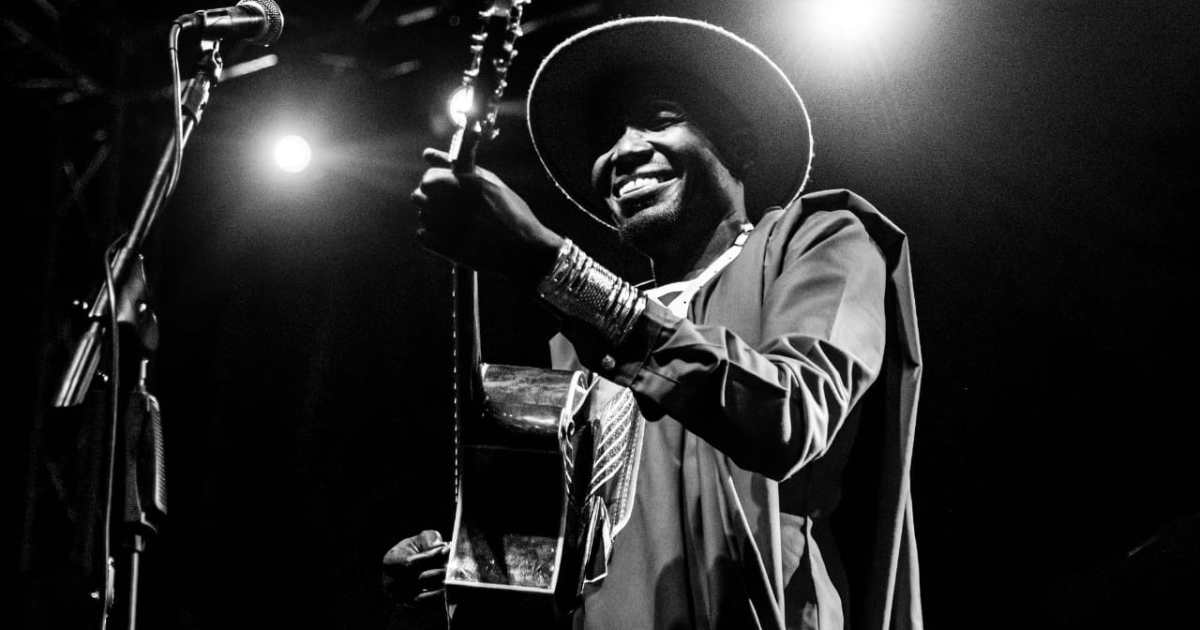
‘No identity’: Why is Kenyan music failing to break through globally?
Al Jazeera
As Nigerian and South African music gains international acceptance, Kenya’s absence is provoking a debate back at home.
Nairobi, Kenya – In November 2023 when the Grammy Awards announced five inaugural nominees for the Best African Music Performance category, only South Africa and Nigeria were represented. The news sparked a debate about the continuing trend of contemporary music from both countries – Amapiano and Afrobeats – dominating the continent of 54 countries.
This was especially so in Kenya. The East African nation is one of the continent’s cultural heavyweights and so often a leader in many other sectors. Yet, in most parts of Africa and the world, dance floors and airwaves are devoid of Kenyan music.
Some of the best-known names today like boy band Sauti Sol have achieved some level of crossover across the continent and clinched Grammys off of their work with their Nigerian and South African counterparts. But their fame and appeal still lag behind that of their counterparts.
Even within Kenya, Amapiano and Afrobeats enjoy frequent airplay. Bongo Flava, a genre from nearby Tanzania, is also quite popular, perhaps in part because the songs are in Swahili, the main language in both countries.
When Universal Music Group (UMG) announced the launch of Def Jam Africa in 2020, the label announced locations in Nigeria and South Africa, but promised to sign music from all over the continent. Other big record companies like Warner Music and Sony Music have also set up shop in both countries. While some of the artists signed do come from outside of those music hubs, Kenyans have yet to break in.





















 Run 3 Space | Play Space Running Game
Run 3 Space | Play Space Running Game Traffic Jam 3D | Online Racing Game
Traffic Jam 3D | Online Racing Game Duck Hunt | Play Old Classic Game
Duck Hunt | Play Old Classic Game